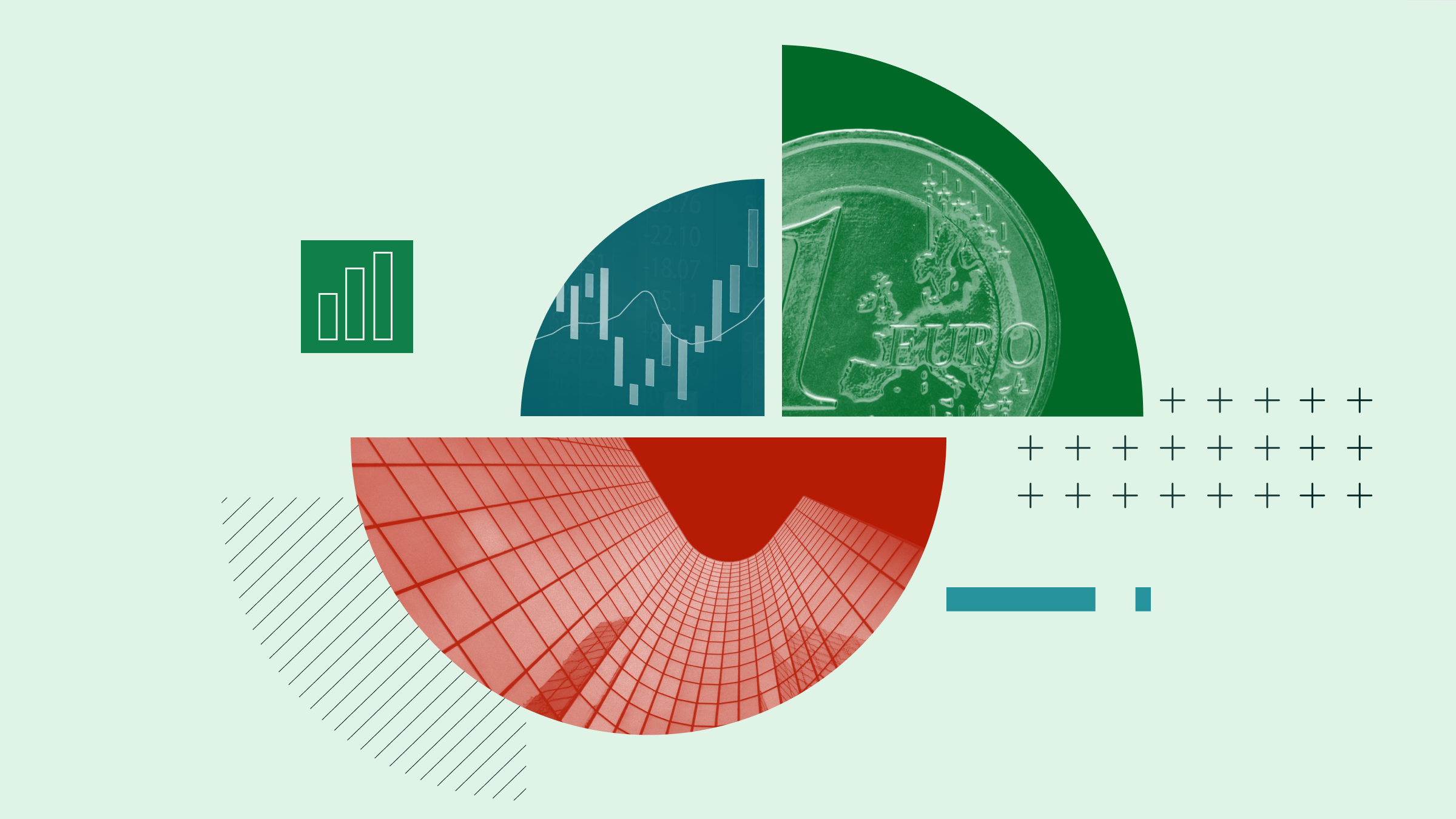Susan Dziubinski: Hi, I'm Susan Dziubinski for Morningstar. We've all been hearing about the importance of cultivating and sticking to healthy habits amid the current coronavirus crisis. Morningstar's director of personal finance, Christine Benz, thinks it's a great time to put some healthy financial habits in place, too. She's here to discuss that topic with us.
Christine, thanks for joining me today.
Christine Benz: Susan, it's great to be here.
Dziubinski: Now, Morningstar's director of behavioral finance, Steve Wendel, recently wrote about habits in general during times like this. What, from your perspective, are the value of habits right now?
Benz: One of the things that Steve talked about that really resonated with me was this idea of how it really helps your brain at times like this to have habits in place. And the basic idea is that if you have these habits that are so ingrained that you almost forget whether you did them or not, like shutting the garage door, whatever, these things that you do on autopilot, the positive side effect of having those habits is that it can let your brain focus on the work it really needs to do.
And so I think that that can be really valuable with respect to our financial lives. If you have certain habits that you know will lead to good outcomes that you can kind of put on autopilot, you can focus on more value added financial tasks.
Dziubinski: What are some financial habits that maybe we should be thinking about today that can help us down the line?
Benz: One I've been thinking an awful lot about is this idea of mindful spending. And I started thinking a lot about it with respect to some of these FIRE bloggers, the "financial independence retire early" people who are big believers by and large in being very deliberate about what you spend your money on. And the good news is we're going through this period where we're all sort of in a forced reduction in spending--that we're not spending much money apart from food and basic living expenses these days. Some activities that we might otherwise be spending money on have been curtailed. Jonathan Clements, the financial blogger, was writing recently that he thinks it's really a great time for us all to take stock of which of those expenditures, which of those outings that cost money, do we really miss and which do we not miss so much? Keep tabs on those, think about those when structuring how to deploy your funds in the future when you are able to pick and choose the activities that you'd like to spend money on.
Dziubinski: I would think going along with this idea of mindful spending would be developing a habit of therefore being able to save more.
Benz: That's right. And certainly not everyone is in a position to save more right now. Some people work in industries that have been directly or indirectly impacted by the crisis, and they may have been laid off or furloughed. They don't discretionary funds to set aside, but people who still have steady paychecks to rely on should look at whether they can translate the saving they're doing today into some sort of automated saving going forward. The best way to do that is to put those savings contributions, those investment contributions on autopilot, to commit to an extra hundred dollars a month, an extra $500 a month, whatever you can afford to do to help bump up your savings on an ongoing basis. I've been hearing from colleagues who have bumped up their 401(k) contributions. It's a terrific way to cultivate good habits going forward. Once people make changes to their 401(k) plans, whether their savings or their investment choices, oftentimes they just let those decisions ride, and in this case, that can be a really good thing.
Dziubinski: Now, another habit that you suggest people consider is building policies around their investments in their financial plan. What do you mean by "policies"?
Benz: Well, this is the idea of really articulating what you're trying to achieve with your investments. So I'm a big believer in everyone having what's called an investment policy statement where you are enumerating your approach to your investments, your asset-allocation plan, notably how often you will revisit that plan and when you'll make changes, what will be the triggers for those changes? That's such a valuable way to enforce discipline in your plan. Many people have a little bit of extra time on their hands these days, so I think it's a great time to think about putting an IPS in place, and we have a template for an investment policy statement on Morningstar.com.
For retirees, I like the idea of creating a retirement policy statement where you are spelling out your approach to decumulating your portfolio, how much you'll withdraw from it each year, where you'll go for the cash on an ongoing basis. We have a retirement policy statement template as well.
I think that's a healthy habit to get into with respect to your investment plan and your financial plan because if you've taken the time to create a policy statement, you probably won't override it and that can lead to healthy habits down the line.
Dziubinski: And the last habit that you suggest we pursue right now is maybe a little bit more mundane but still important, and it's the idea of getting organized. Give us some ideas for how to do that.
Benz: Right? We've all been spending more time in our houses, so it's easy to see areas that we know we want to work on, things that we'd like to look better or function better for us. I'm a big believer in people having an organized approach to their financial lives. It's super easy to let all that paperwork pile up, so it's a great time to create a system that can keep you organized on an ongoing basis, and if your paperwork is organized, and even if it's not physical paperwork, if your financial accounts are organized, I think it just makes it easier to see if you're on track with your financial life.
So get in place a plan for what you'll save, where you will turn to your financial providers to supply you with documents and check up on how good their record keeping is. It's just a great time to look at having a total system for managing your financial documents on an ongoing basis. An important part of this is creating a system that is understandable to your loved ones. If they need to pick up and run with the plan, for example, or they need to identify important documents, lay all that out where they can find everything. And I liked the idea of everyone having what's called a master directory to help show what you've got, where you've got your holdings, and where people can retrieve important documents if they need them.
Dziubinski: Well, Christine, thank you for your time today and really giving us some practical advice of some money habits that we can start to pursue right now from our very own homes.
Benz: Thank you, Susan.
Dziubinski: I'm Susan Dziubinski from Morningstar. Thank you for tuning in.







:quality(80)/cloudfront-us-east-1.images.arcpublishing.com/morningstar/NYUEHSFI4BDCJPQZJ76HH4PKSM.jpg)
.jpg)













